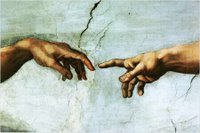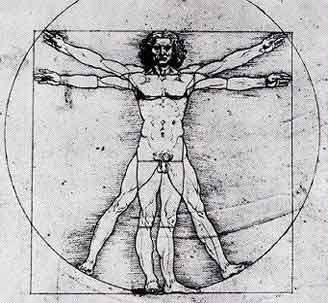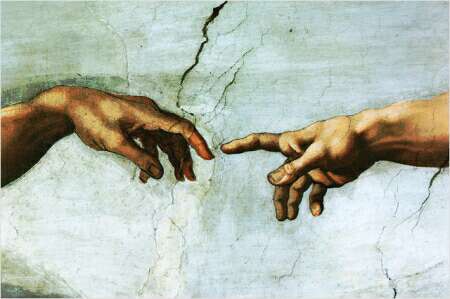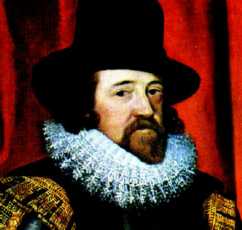Da Vinci Revised?
1. History is told from an author's point of view, but it does not follow from this that we have no objective knowledge of history, or that there simply is no truth about the past. It is possible to be wrong about historical claims, and it is possible that some accounts of history are better (more accurate) than others. I'm suggesting that Brown, in as much as he tries to play historian, does a poor job.
2. Fiction writers should enjoy artistic license. But when a writer refers to real places or historical events, they should be accurate. I am open to hearing examples of reputable authors who similarly mangle their research. Brown, in my mind, falls dangerously close to being in the same camp as James Frey. Is it unethical for an author to lie (dramatically) about the facts of his own life? If so, then how is Brown's case different? If a WWII movie came out that denied the holocaust, claiming it was a giant hoax, what would you think?
3. I agree that The Da Vinci Code is a great opportunity for believers to have stimulating conversations with those who may be confused or intrigued by its ideas. Some may even begin exploring Christianity as a result. I'm all for this. I have both read the book and seen the movie, and have had some great dialogues.
4. Can we know what Leonardo "meant" in his art or writings? Not with 100% certainty, but some theories are certainly more plausible than others. I wouldn't presume to say my opinion is equal in worth to that of an art historian. Some of the "theories" proposed in the book are laughable. Here are a few art bloopers found in Brown's book.
 This post, and especially it's title, may elicit sighs and rolling eyes from some of my friends, but I think the point is important: most conflicts come down to opposing worldviews. Iraq and the War on Terror are quintessential examples of this. The battle over evolution and intelligent design is another.
This post, and especially it's title, may elicit sighs and rolling eyes from some of my friends, but I think the point is important: most conflicts come down to opposing worldviews. Iraq and the War on Terror are quintessential examples of this. The battle over evolution and intelligent design is another.

 Recent research
Recent research 




